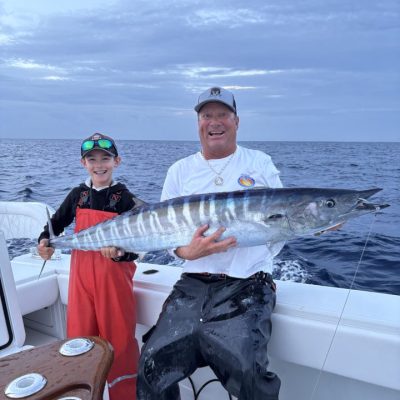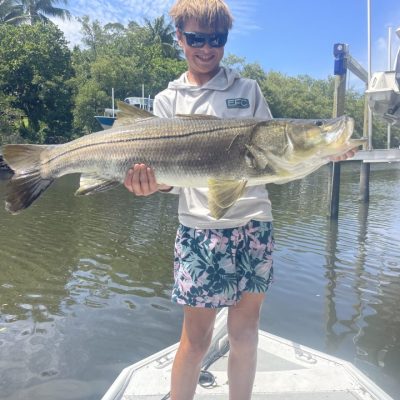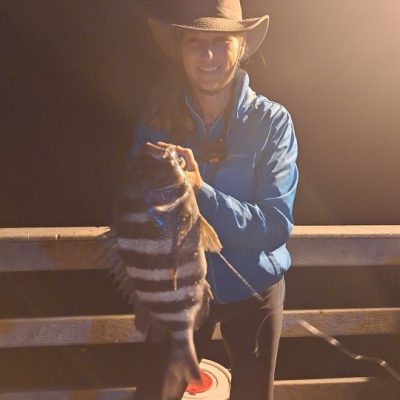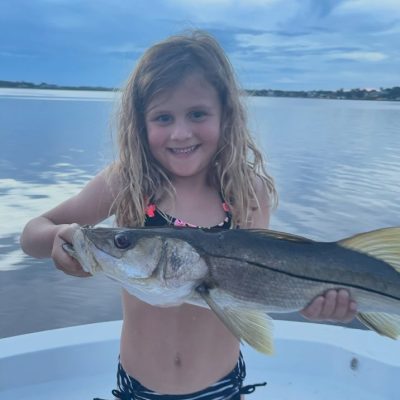Conservation
Environmental and waterway news.
Latest in Conservation
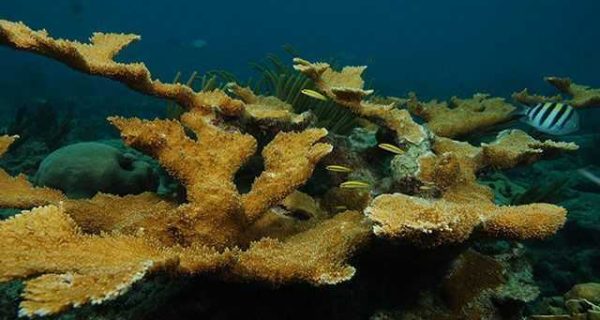
Projects and Enhanced Science Under Way to Help Lagoon
Algal blooms and water quality concerns in the Indian River Lagoon have captured the public’s attention in recent months. Throughout the 156-mile-long waterway, many meetings have been held focusing on potential solutions for restoring and protecting this vital natural resource.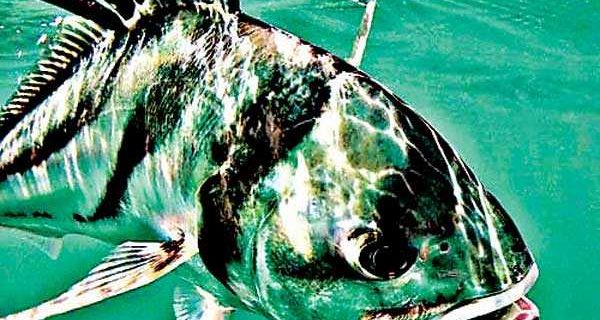
Jellies. Why we may be seeing more.
In a program at our Coastal Center about leatherback sea turtles, I consistently get a round of applause when I …
Conchservation: Action Today will Ensure Conch for Tomorrow
The Bahamas National Trust and conservation partners BREEF, Friends of the Environment, Community Conch, the Cape Eleuthera Institute, the Bahamas Department of Marine Resources, The Nature Conservancy, The Moore Bahamas Foundation, Harbourside Marine and the Sandals Foundation have come together in a national campaign whose ultimate goal is a sustainable queen conch industry in The Bahamas.
Fawns Best Left in the Wild
Every year, the lives of many young wild animals are destroyed by well-meaning people who attempt to "rescue" them from the wild.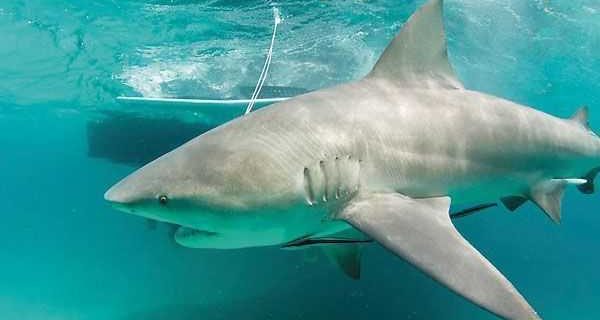
Top of the Food Chain
Nature has a way of dictating what happens to its food webs. Things are constantly in flux, fish are moving in and out, and predators follow closely. It is the best game of cat and mouse. As a scientist, I am constantly amazed and also perplexed by how nature can be resilient at times to some things (storms, human presence), and extremely sensitive to others (changes in water quality, temperature, etc).

